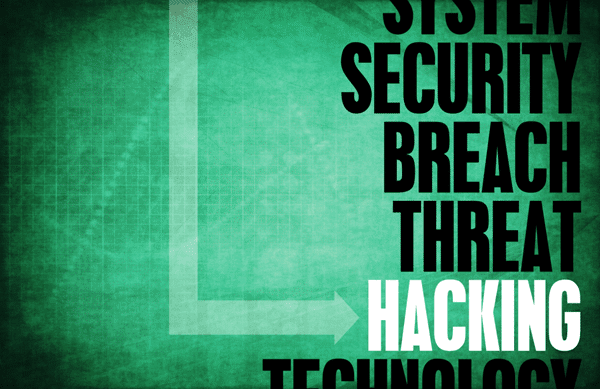Absolutely. And, you stand to lose much of your hard work and possibly a lot of money if it happens! Hacking has always been a very realistic threat in the Internet world. As technology has matured, so have virus attacks and hacking skills. Hacking alone is the sole cause of billions (trillions, on the national scale) of dollars in loss of intellectual property yearly. It’s the unfortunate and unavoidable downside of utilizing the internet and which is now the world’s number one resource for business and marketing.
Brute Force And Back Door Problems
Particularly troubling are brute force attacks (Or ‘cracking’) on your website. These methods aim to get into your property through the use of computerized trial and error programs that will essentially run through a series of keys automatically until it hacks your system. These are particularly troublesome, because they are relentless. No one needs to sit at a computer while this is happening and the attacking computer can run 24 hours a day. Without being properly protected, these systems will eventually crack your website.
Additionally, website owners have to deal with back-door entry programs. What this usually involves is that once the hacker has gotten into you system, they leave behind their own files to make sure they can get back in again. The result ensures the hacker can revisit your intellectual property at their leisure, as they circumvent your login and password entry. This means if they get in once, they can get in every time until you discover and close that back-door.
Combating Hackers
Now, having called up the boogeyman that is your everyday hacker, these attacks are also often preventable. With a mind for security, prudence, and a skilled tech, you can reduce your risks of being hacked. Hacking is mostly a threat to the unprepared; it is the parasite of the internet world. It’s all about having the right repellant.
It is in your best interest to employ a professional in aiding against hacking attacks, but there are some steps you personally can take to reduce the risks of a hack attack:
- Never. Use the sole name of “Admin” as your login name. There are countless brute force programs that target ‘admin’ accounts specifically (WordPress used to use this as the default primary account name, though that has since been rectified). Using admin as your name is basically asking to get hacked.
- Maximize. Your password strength. You may think it’s cute or convenient to use the name of your cat, but that presents an easy target to a hacker. Common names, places, items and pet names are all present on hacker programs. Maximize the strength of your password with a combination of numbers, letters and special characters. If you’re using “Hilary”, try something like “H1l4ry” instead. Much more effective.


